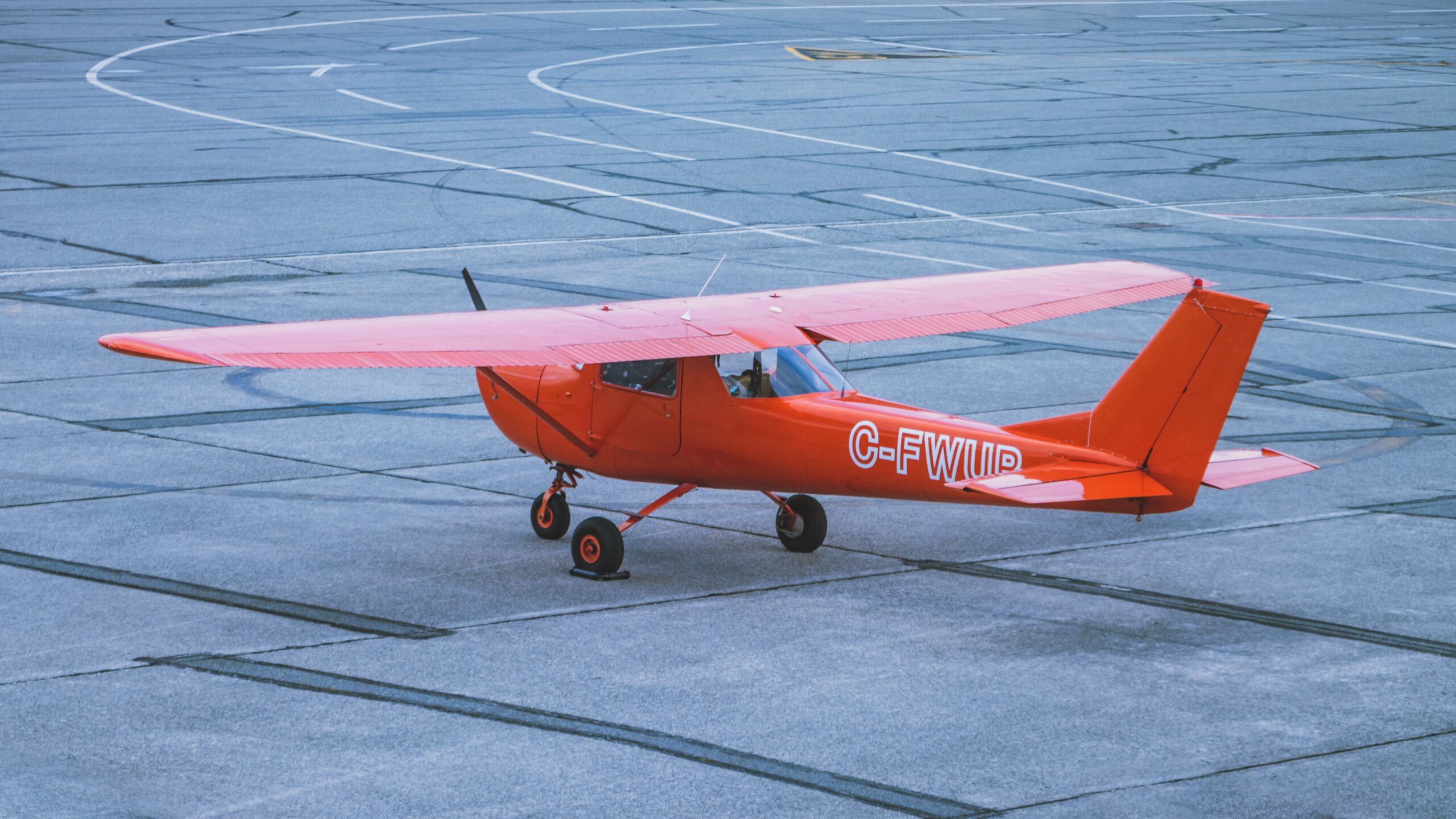Choosing the Right Flight School: Your Path to Becoming an Airline Pilot
So you’ve always dreamed of soaring through the skies, and now you’re ready to make that dream a reality. Congratulations! The first step on your journey to becoming an airline pilot is choosing the right flight school. This decision will shape your training, experiences, and ultimately, your career in aviation.
Section 1: What to Look for in a Flight School
Before you take off, it’s important to consider a few key factors when selecting a flight school. First and foremost, look for a school that is accredited and has a good reputation. Check if the flight school is recognized by aviation industry organizations, such as the Federal Aviation Administration (FAA) or the International Civil Aviation Organization (ICAO).
Next, evaluate the flight school’s facilities and fleet. The school should have well-maintained aircraft, modern simulators, and up-to-date training materials. Additionally, take into account the instructor-to-student ratio. A low ratio ensures that you receive personalized attention and guidance throughout your training.
Section 2: Funding Your Flight Training
Flight training can be a significant financial investment, but don’t let the cost deter you from pursuing your dreams. Many flight schools offer financing options, scholarships, or partnerships with lenders to help aspiring pilots fund their training. Research these options and explore different avenues for financial assistance.
Additionally, consider part-time or seasonal employment opportunities in the aviation industry. Some airlines offer programs that allow you to work while training, providing both income and valuable experience.
Section 3: Beyond Flight School – Making it to Your Airline of Choice
Once you complete your flight training and obtain your pilot license, you’re ready to take the next step towards your airline career. But what comes next?
First, ensure that you meet all the requirements set by your desired airline. These may include minimum flight hours, specific ratings, and medical certifications. Stay updated with the latest airline hiring trends and be prepared to adapt your training and experiences accordingly.
Networking is key in the aviation industry. Attend industry events, join aviation organizations, and connect with professionals in the field. Building relationships with industry insiders can open doors to job opportunities and valuable mentorship.


No responses yet